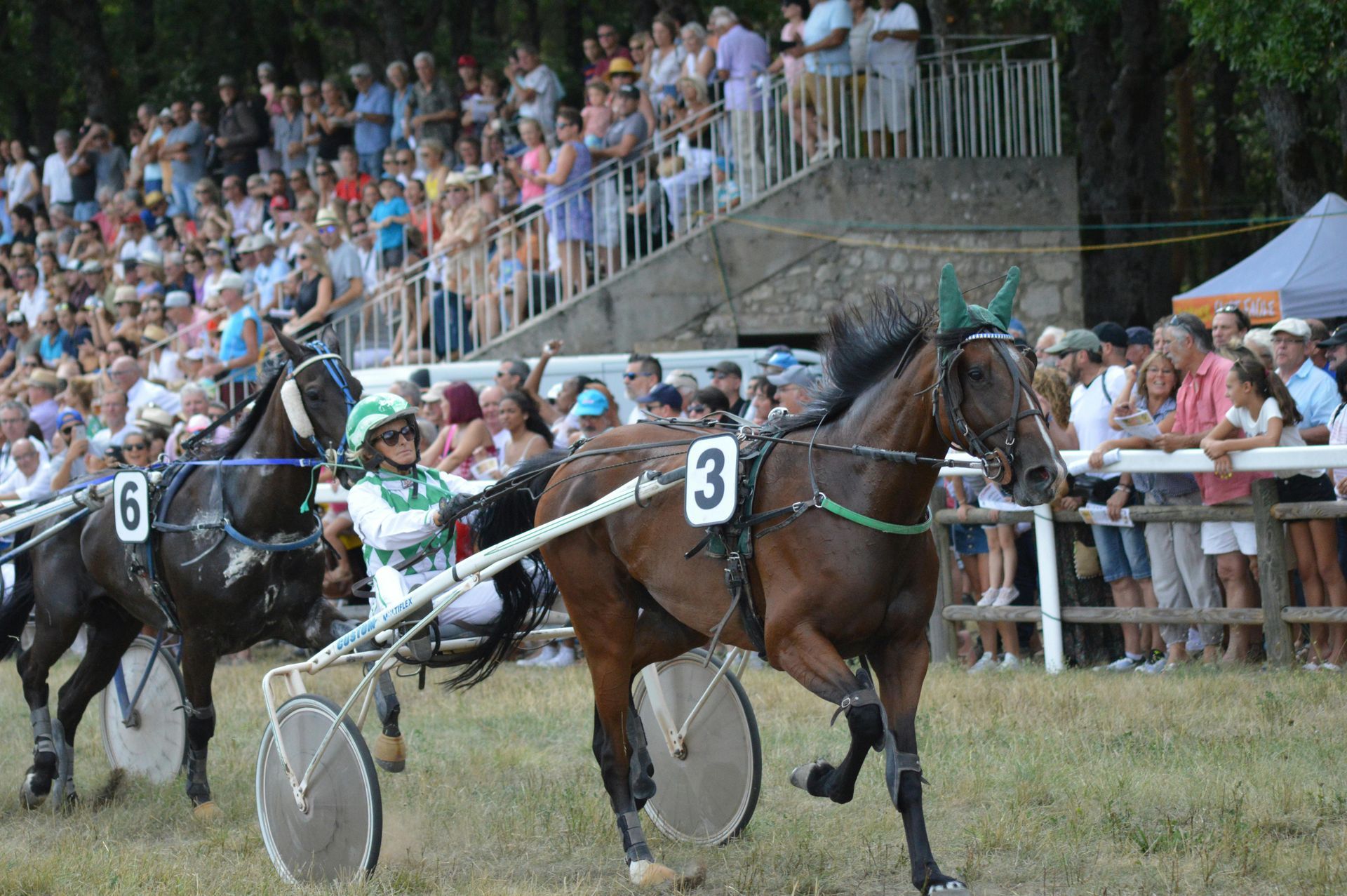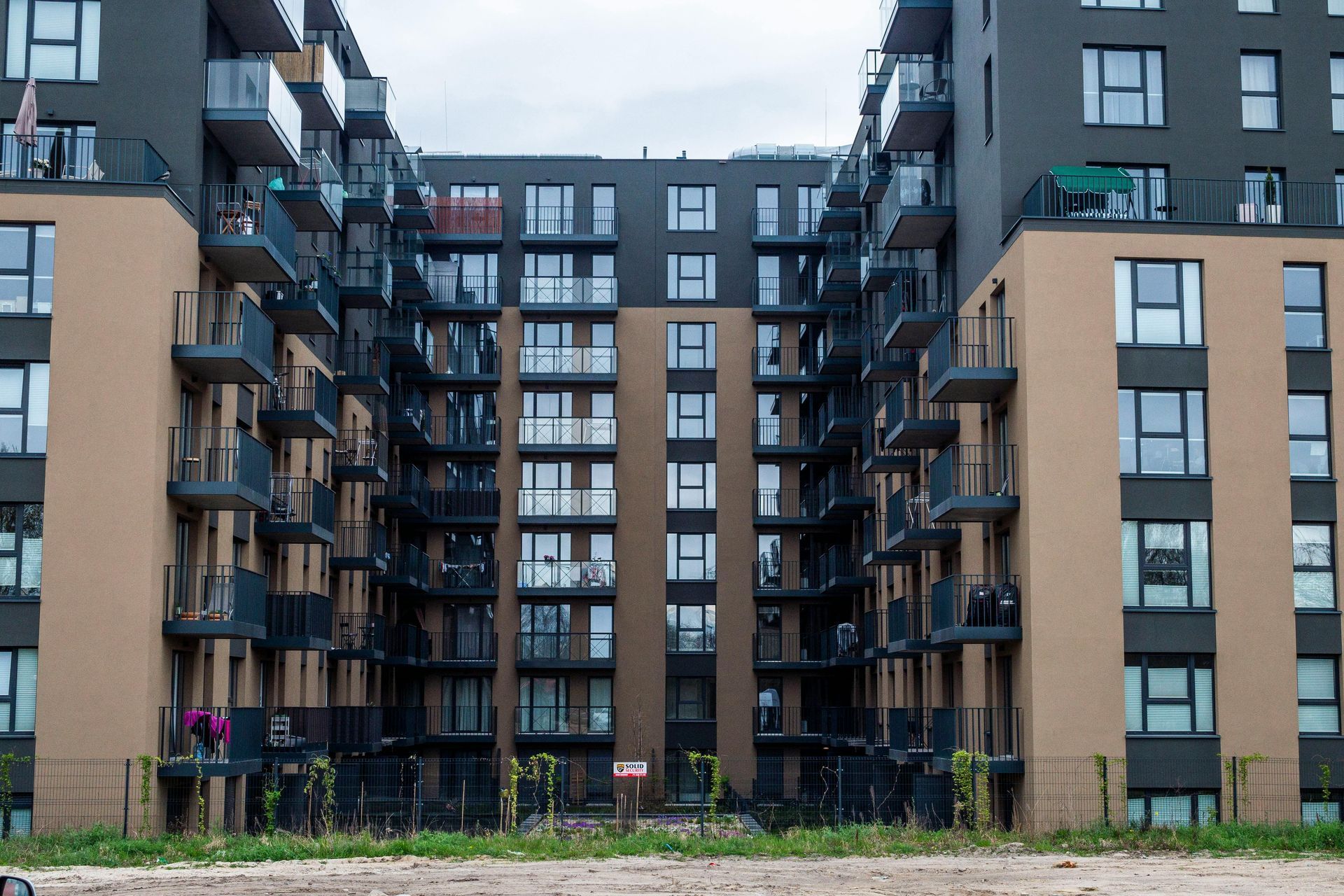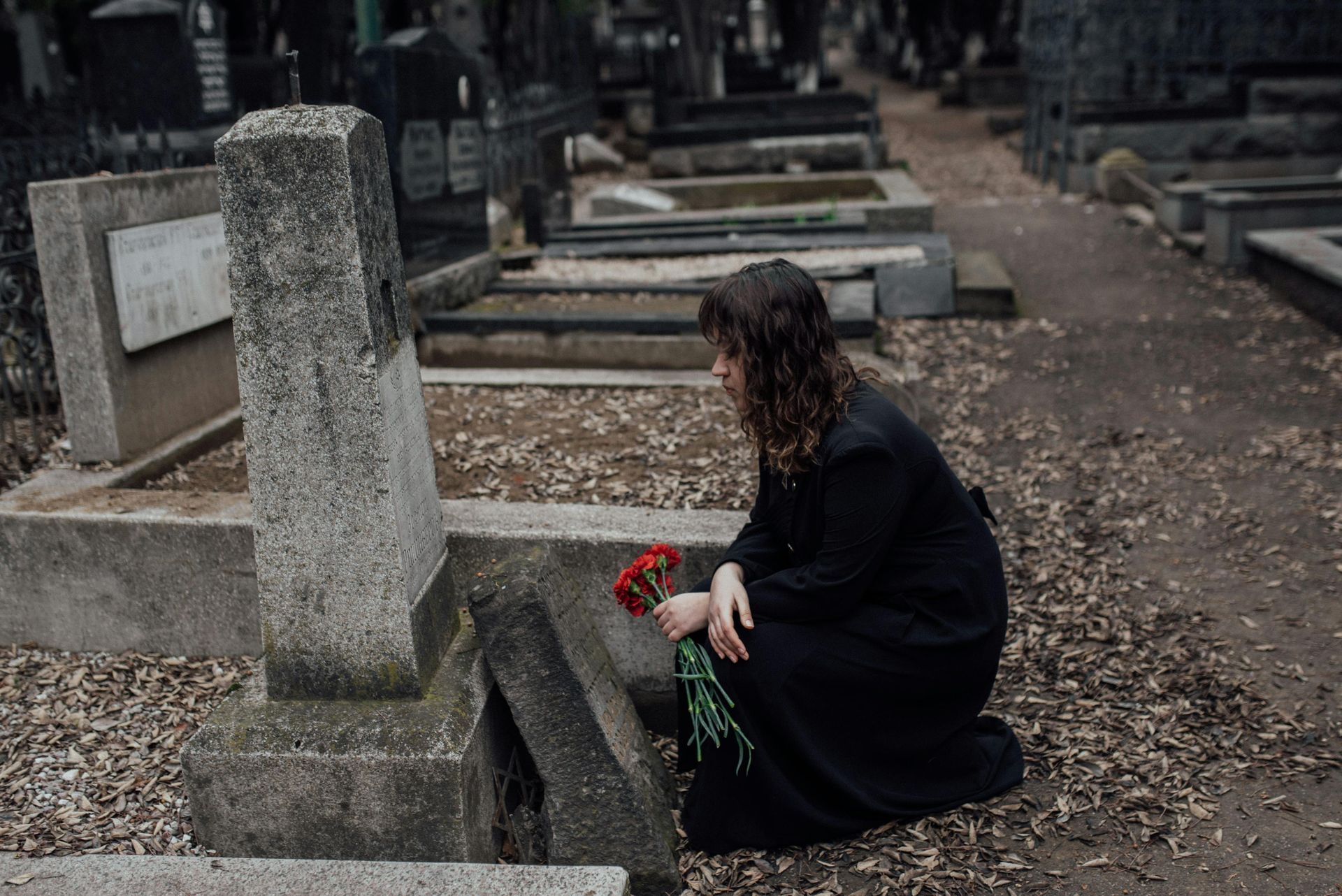By Vivian Nguyen
•
September 20, 2025
Terminating an employee’s contract is one of the most challenging and legally sensitive actions a business owner or manager will ever have to take. While it’s a necessary part of managing a workforce, the decision to dismiss an employee cannot be taken lightly. In New South Wales, the process is governed by a strict legal framework designed to protect employees from unfair treatment. It’s not enough to simply have a reason for dismissal; you must also follow a fair and lawful process . Getting it wrong—even during a probationary period—can expose your business to costly legal claims, including unfair dismissal, general protections, or breach of contract. This guide will outline when you can lawfully terminate an employee in NSW and the critical steps you must follow to protect your business. A Special Case: Termination During a Probationary Period Many employers believe a probationary period gives them a "get out of jail free" card, allowing them to dismiss an employee for any reason without legal risk. This is a dangerous misconception. The maximum probation period under the Fair Work Act 2009 is: 12 months for a small business (fewer than 15 employees). 6 months for all other businesses. This period is known as the minimum employment period under the Act. An employee cannot file an unfair dismissal claim until they have completed this minimum employment period. While this provides a level of protection, it does not make an employer immune to other serious legal claims. The Hidden Risks of Probationary Terminations: Even if an employee can't claim unfair dismissal, they can still take legal action if you terminate them for a prohibited reason. The biggest risk is a general protections claim , where an employee alleges they were dismissed for: Exercising a workplace right (e.g., making a complaint about safety, asking about their pay or entitlements). A discriminatory reason (e.g., due to their race, sex, age, pregnancy, or disability). Being temporarily absent due to illness or injury. Furthermore, you must still abide by the employment contract, which includes providing the required notice period . Failing to do so can lead to a breach of contract claim. Best Practice: Think of probation not as a risk-free trial, but as a period for actively managing performance. If you do decide to terminate, ensure you have a valid, documented, performance-related reason and are not acting for a prohibited reason. 1. Termination with Notice (For Performance or Misconduct) This is the most common method of termination. It is used in situations involving consistent poor performance, or misconduct that is not severe enough to warrant instant dismissal. a) The Valid Reason The reason must be sound, defensible, and well-documented. Examples include: Poor Performance: The employee has consistently failed to meet the inherent requirements of their role, despite being given clear warnings and an opportunity to improve. Misconduct: The employee has breached their employment contract or a workplace policy (e.g., inappropriate use of company resources, breaches of safety rules). b) The Fair Process (Procedural Fairness) To terminate for poor performance or misconduct, you must demonstrate you have acted fairly. This involves: Issuing Warnings: For poor performance, you should have records of meetings, performance improvement plans (PIPs), and clear written warnings outlining the consequences of failing to improve. Conducting an Investigation: For misconduct, investigate the allegations thoroughly and impartially. Notifying the Employee: Inform the employee of the specific reasons for the potential termination in clear, unambiguous language. Providing a Chance to Respond: This is a critical step. You must give the employee a genuine opportunity to respond to the reasons and have their response considered before you make a final decision. Allowing a Support Person: You must permit the employee to have a support person present at any formal meetings discussing their potential dismissal. You must then provide the employee with the minimum period of written notice as required by the National Employment Standards (NES) or their contract, whichever is greater. You can also choose to pay them in lieu of this notice period. 2. Summary Dismissal (Instant Dismissal) Summary dismissal is termination without notice. This is reserved only for cases of serious misconduct , which is conduct so severe that it destroys the employment relationship. The Fair Work Regulations 2009 define serious misconduct to include actions like: Theft, fraud, or assault Being intoxicated at work Refusing to carry out a lawful and reasonable instruction that is central to the work A Word of Warning: Summary dismissal is a high-risk strategy. The burden of proof is on you, the employer, to show the misconduct occurred and was serious enough to justify instant dismissal. Even in these cases, it is highly advisable to conduct a swift investigation and give the employee a chance to explain themselves before acting. 3. Genuine Redundancy A redundancy occurs when you terminate an employee because their job is no longer required to be done by anyone. This is about the role , not the person or their performance. For a redundancy to be "genuine" under the Fair Work Act , three conditions must be met: The employer no longer requires the person’s job to be performed by anyone due to changes in operational requirements. The employer has complied with any consultation obligations in a relevant Modern Award or Enterprise Agreement. This usually involves discussing the proposed changes with affected employees. It was not reasonable in the circumstances to redeploy the employee to another role within your business or an associated entity. If these conditions are met, the employee will not be able to make an unfair dismissal claim. You must still provide notice and, in most cases, pay redundancy severance based on their years of service. The High Cost of Getting It Wrong Failing to follow a fair and lawful process can lead to significant legal claims: Unfair Dismissal: A claim that the dismissal was "harsh, unjust, or unreasonable." A flawed process is the most common reason for a successful claim. General Protections Claim: An allegation that you dismissed an employee for a prohibited reason, such as exercising a workplace right or on discriminatory grounds. These claims carry the risk of uncapped damages. Breach of Contract: If you fail to follow a process mandated by the employment contract. Final Thoughts Termination is a legal minefield where process is paramount. Always ensure you have a clear, documented reason and have followed the steps of procedural fairness. Taking the time to manage the process correctly is a small investment compared to the time and cost of defending a legal claim.












